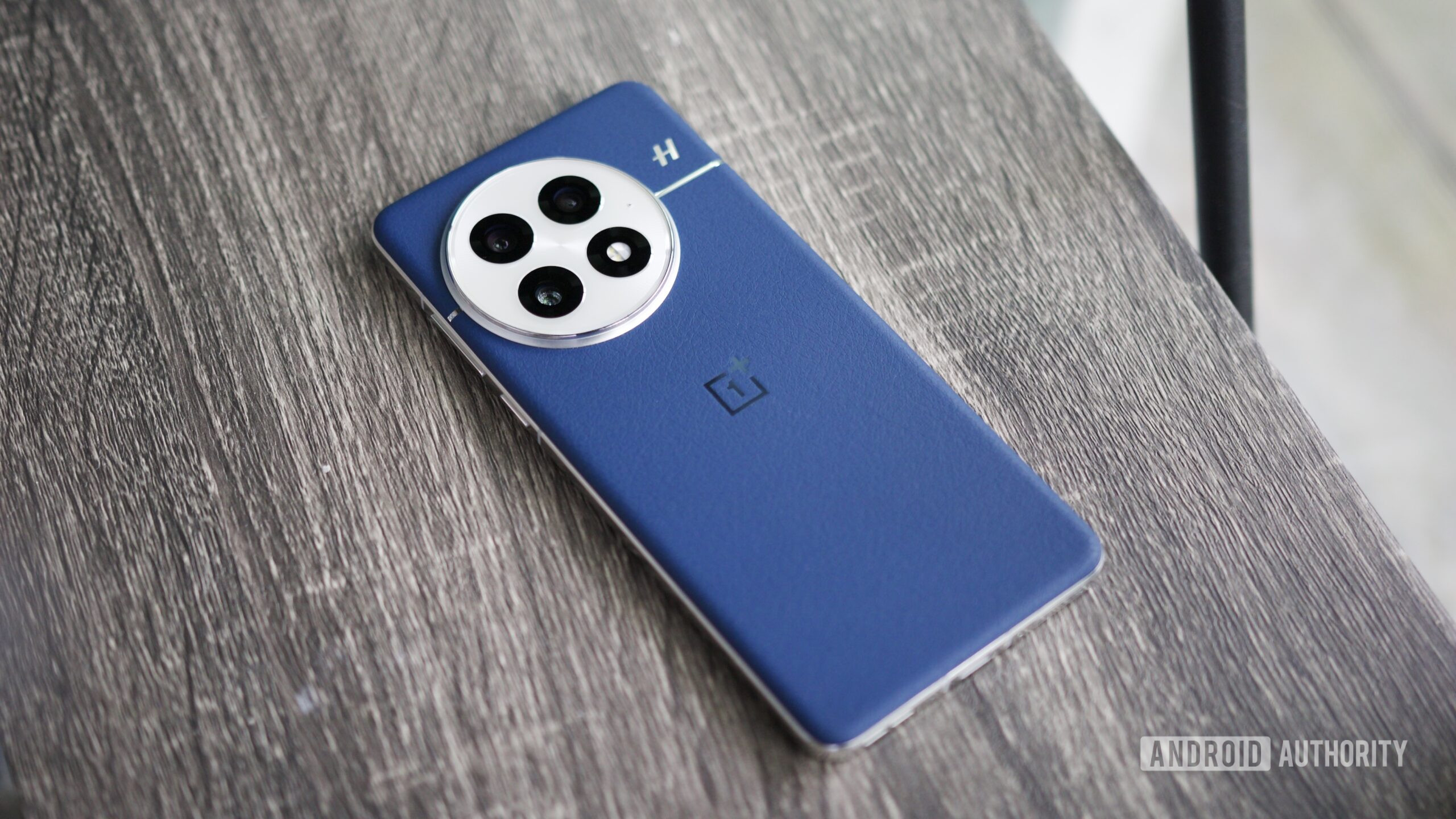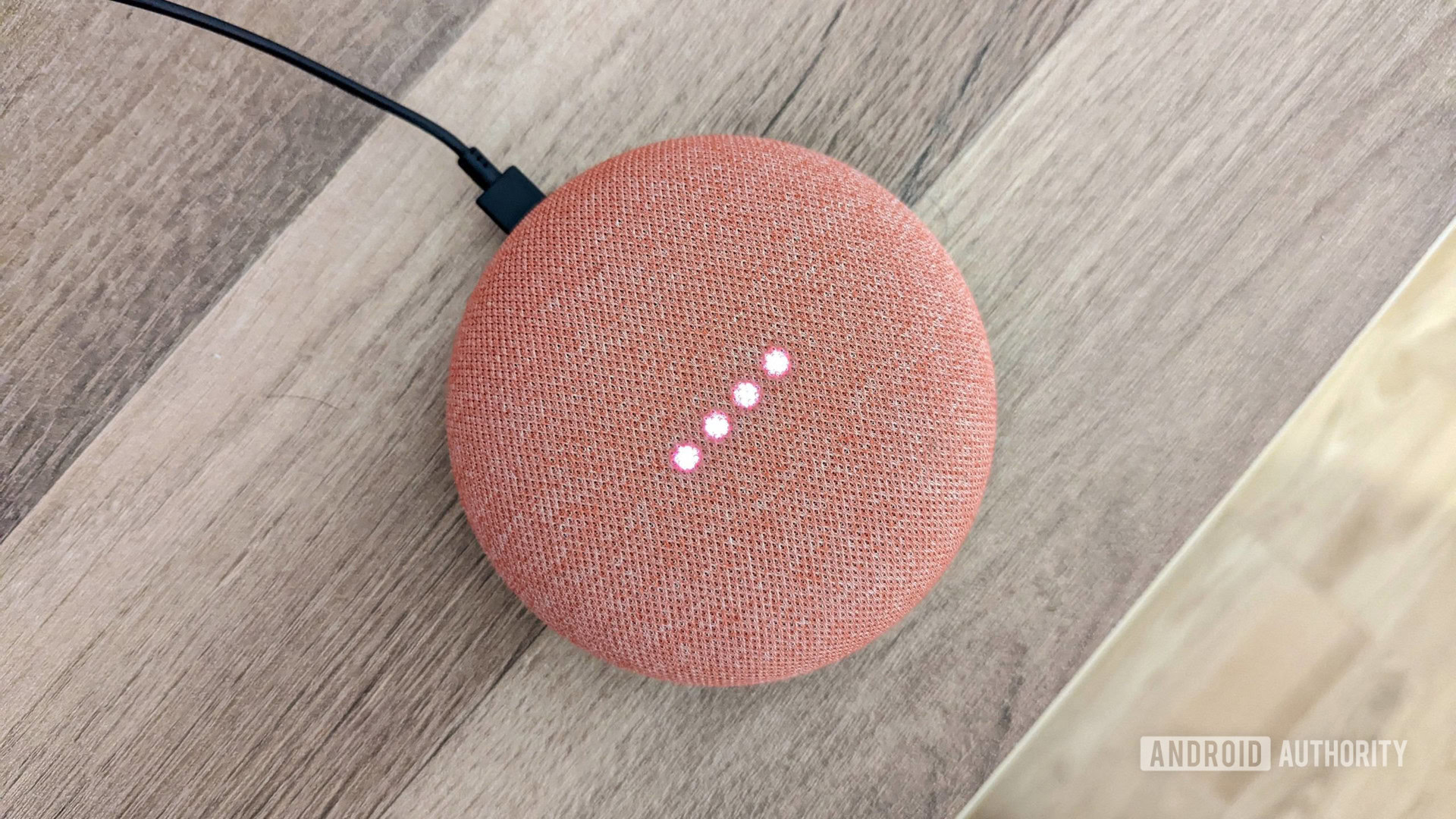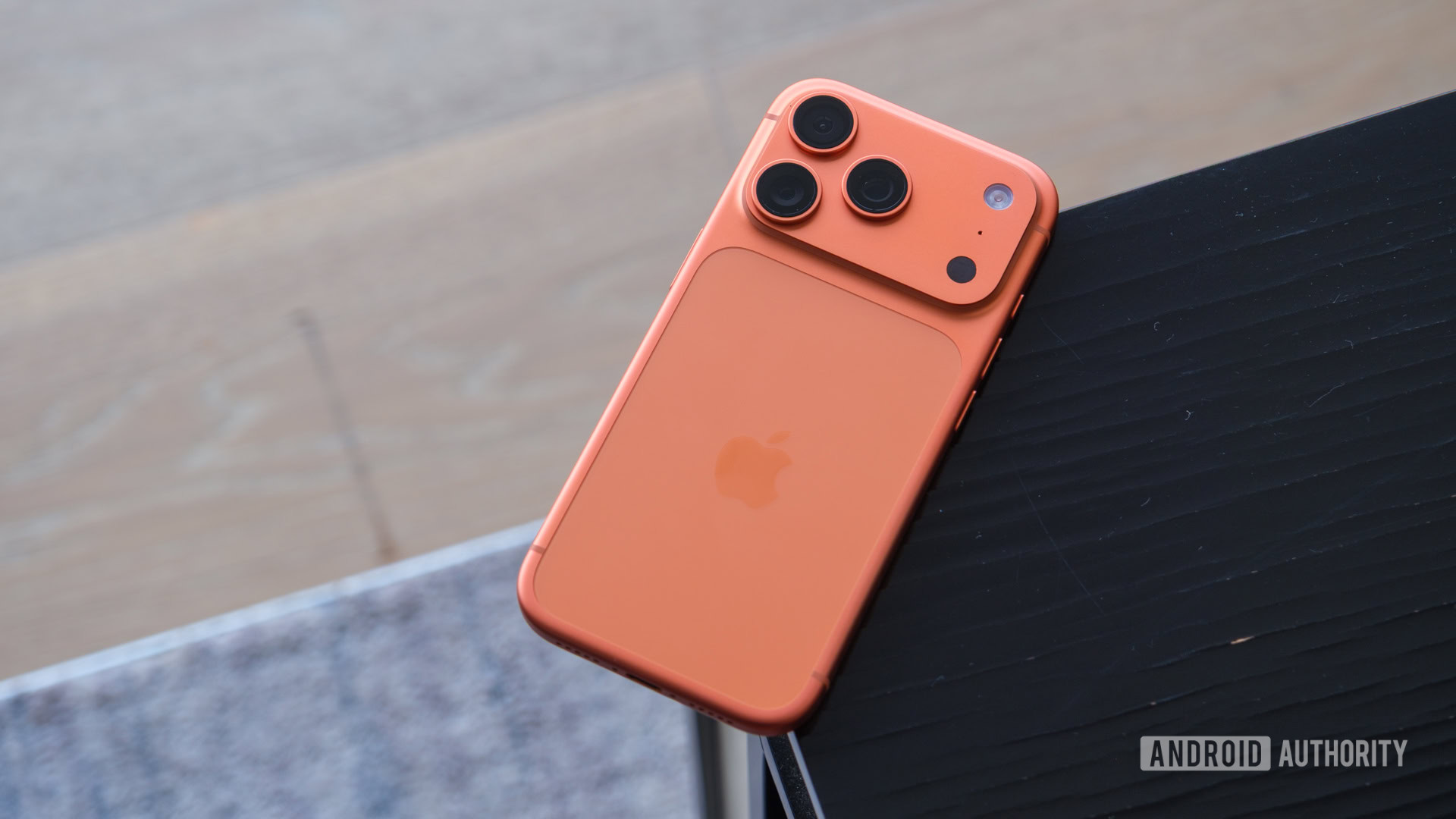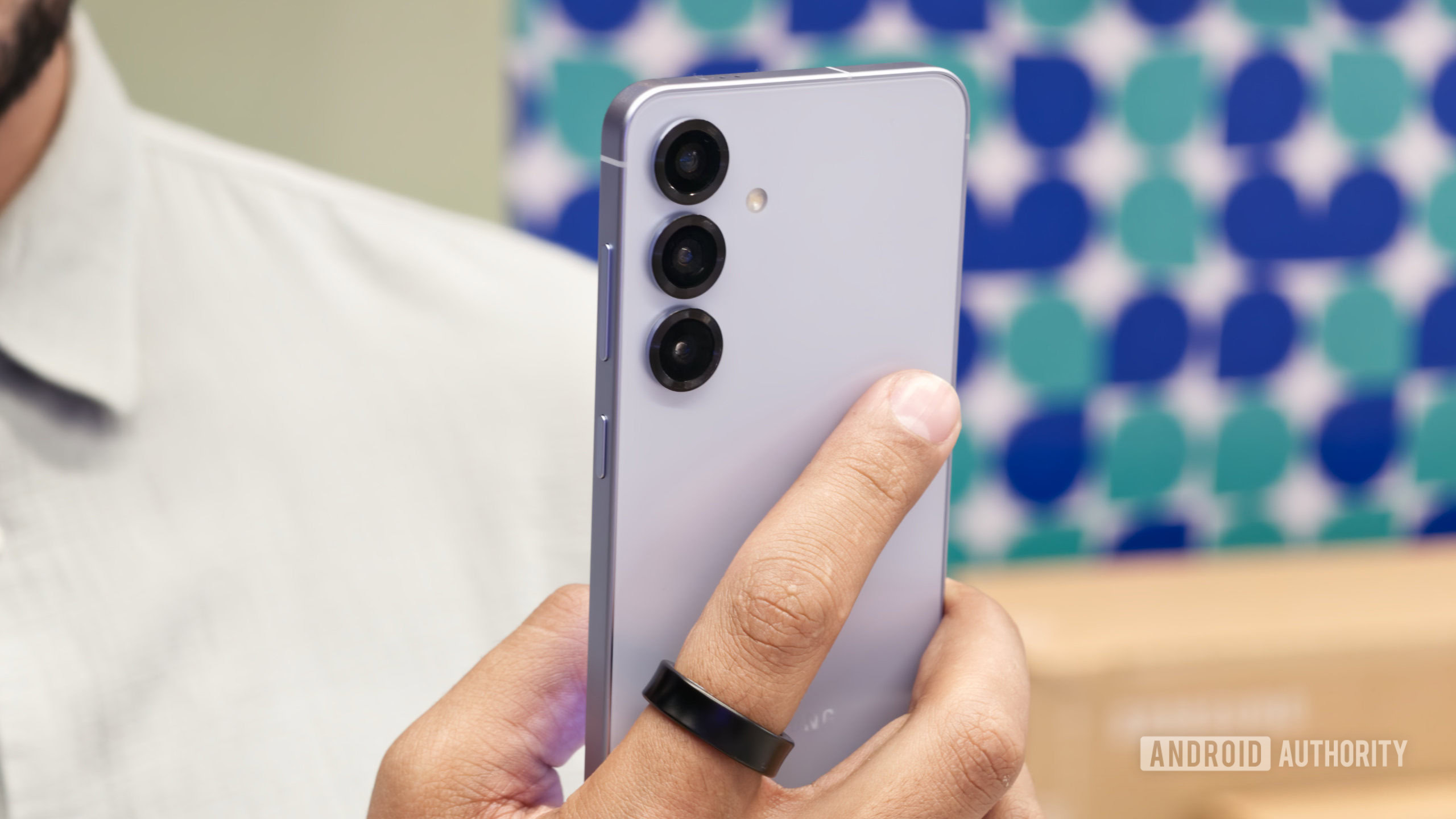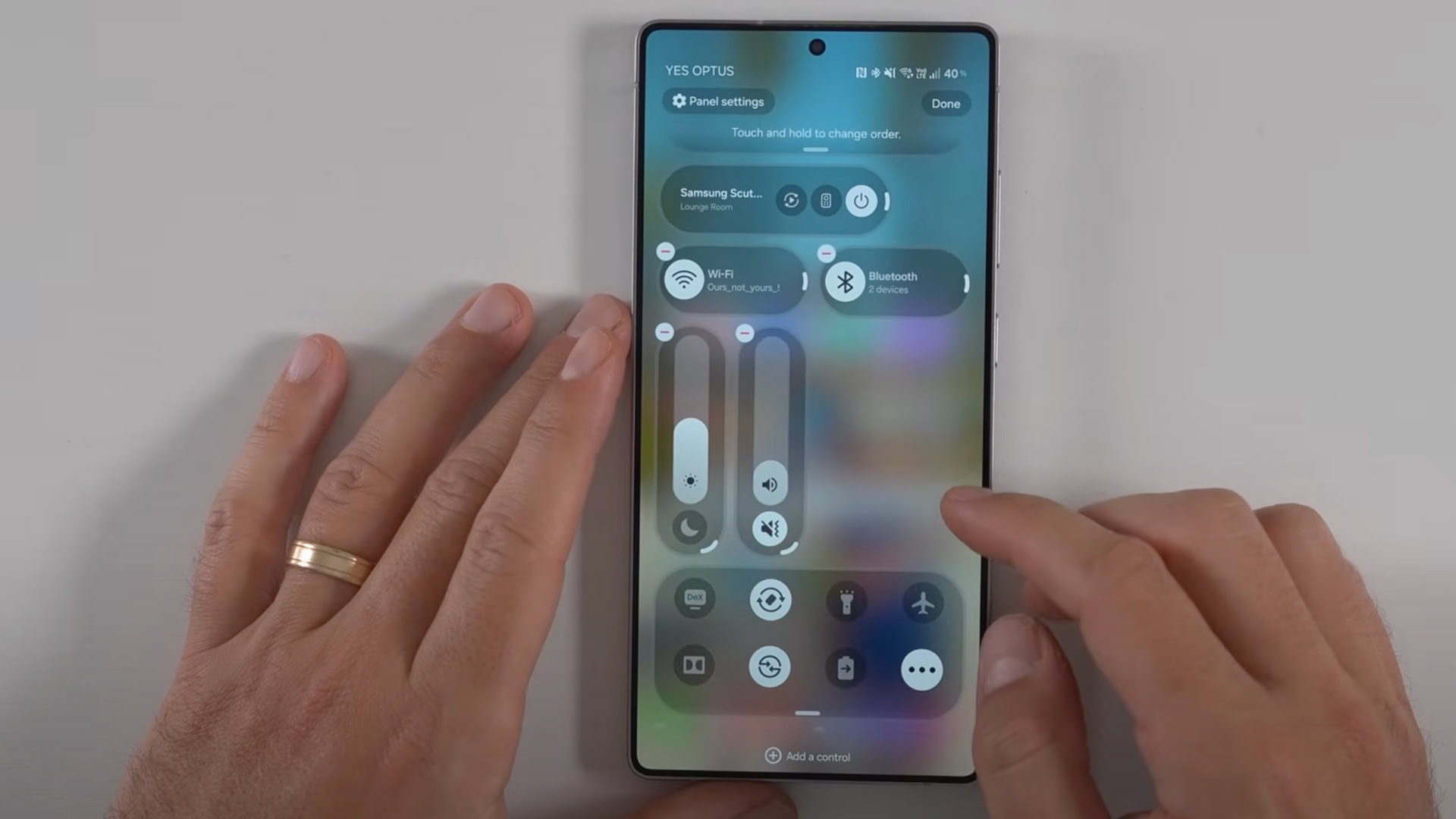Microsoft has thrown in the towel on Windows 10.The tech giant is ending support for its PC operating system that debuted in 2015, with no further updates to be pushed out to users as of October 14, 2025.After that date, Windows 10 computers won’t cease to function but they will no longer receive important security updates that until now have been protecting users from cyber threats and bugs that criminals can use to exploit flaws in the software to get at your personal apps and data.Article continues below ADVERTISEMENT Read more: Millions of Windows 10 users get vital 30-day warning - your PC may be in danger Read more: New Windows 11 laptop beats the MacBook on screen, weight and price Microsoft has been pushing customers to upgrade their PCs to Windows 11, but if your computer is not powerful enough you might not be able to.
Either way, you will need to consider your options, as Louise Quennell, Senior Director, UK Client Solutions Group, Dell Technologies explains.“With the end of support for Windows 10 on October 14, now is the time to think about the future of the hardware you’re using,” she said, speaking exclusively to Express.co.uk.“Continuing to use Windows 10 after this date means losing access to crucial security updates, which could leave personal and confidential information vulnerable to cyber threats.Think of it like driving a car that no longer gets safety recalls or maintenance checks – the potential risks will only increase over time.”Windows 11 is available as a free download to anyone using Windows 10, but machines that don’t meet Microsoft’s minimum system requirements could struggle to perform well - and your PC won’t stop you from downloading Windows 11 even if it’s not properly built to run it properly.Article continues below ADVERTISEMENTAs another option, Microsoft has urged customers with ageing hardware to buy a new Windows 11 PC, which has been met with some discontent given Windows 10 computers are still functioning.Microsoft introduces Windows 11 in 2021 Microsoft is also offering all Windows 10 users one year of additional security updates, though this could end up costing you $30 (£22).But Quennell suggests it might be the time to invest in a new PC.“For consumers, this deadline is a chance for you to step up to a more modern computing experience; imagine a PC that helps you edit photos and videos fast or streamlines your online searches and productivity,” she said.“Taking full advantage of these AI innovations may require specialised hardware like Neural Processing Units (NPUs) that older PCs simply don't have.
And they may also not work as well on non-Windows 11 PCs.”Windows 11 has been available since 2011 but recently Microsoft, along with third-party manufacturers of Windows 11 computers, have been pushing new AI tools exclusive to the operating system.These are grouped under the Microsoft Copilot branding, and are sold as 'Copilot+' PCs.They come with dedicated Copilot buttons on their keyboards and offer AI tools such as summarisation, help with writing documents, and a native chatbot that can respond to queries more conversationally than retired Microsoft voice assistant Cortana.Read next SUBSCRIBE Invalid emailWe use your sign-up to provide content in ways you've consented to and to improve our understanding of you.
This may include adverts from us and 3rd parties based on our understanding.You can unsubscribe at any time.Read our Privacy Policy


